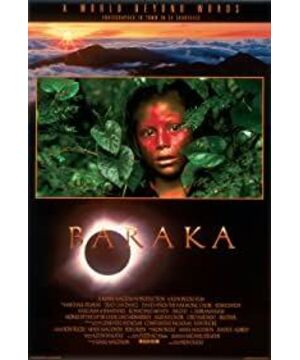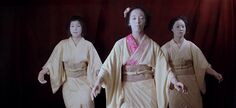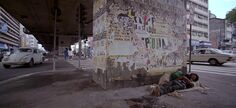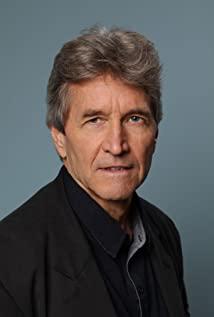Another documentary film that has moved me even more since "The Unbalanced Life".
The blockbuster-level composition, texture, and light and shadow effects make me forget that this is a documentary, not a staged shot. It is like an ink painting, but it has a rigorous structure. It begins with candlelight and ends with people staring at it. From apes to people with the gradual development of science and technology, this film can let the audience experience human history without any explanation. The content covered by the documentary includes the trajectory of human activities in Africa, Europe, the Middle East, Asia, and the United States. The difference between him and other documentaries is that the film Tiandi Xuanhuang brings us a sense of awe of this era and the world, not the desire and worship of knowledge, not the satisfaction of curiosity. This sense of awe seems to be more of a religious spiritual activity.
The film contains a lot of religious culture, or religious ceremonies, as well as fragments of some local historical customs. The first thing that struck me was this paragraph in the picture. I don't know, when this paragraph was filmed or not, whether people still keep this custom now; but when I saw hundreds of people create a tree for the author, chanting the same sentence over there, While doing the same, a powerful sense of collective belonging filled me. It seems to tell us: the world is big and human beings are weak, but together we can turn the whole world. However, dozens of minutes later, this feeling was wiped out by the explosion of an atomic bomb. Or to be more precise, indeed flipped.
What's great about this film is that the editing between clips ensures clarity of themes without boring the audience. This is the difference between him and "Out of Balance". There are echoes between the selected clips.
For example, in areas with less technologically developed areas, the population is particularly small, but the population flow is particularly large in cities such as Tokyo, where the economy peaks at that time. But we seem to be able to feel that people's mentality has also changed. It seems that with the development of economy and technology, today people are busier than before, and it seems that they can't take care of themselves.
Fragments of people's houses are also echoed on the camera. All in a neat and uniform square composition. The houses in the poor areas seem to be relatively simple, but although the places with advanced technology look particularly high-end, it seems that the space they belong to has also become smaller. Am I really going in the direction that human beings dream of? It seems that in terms of housing and accommodation, we have not achieved the kind of happiness we want, so we do not know where the ultimate benefits of technological development will flow.
Every day is so busy, or whether we become consumers or producers, or are we all commodities on capitalism. There is a very funny part of the movie. First a series of clips of screening chickens, and then clips of people crossing the turnstiles in the subway. My classmates saw this clip and sighed that these chicks should never have been treated like that. But when everything in the camera - the commuter footage we are all familiar with at this moment, it seems so powerless and pale, even bleak.
The film's most shocking theme, though a bit cliché, still moved me. This theme is "faith".
From ancient times to the present, whether poor or rich, weak or strong. It seems that people will never lack a belief, and it is also because of this belief that we once again have the cohesion of human nature. While it may be that we do the same things, watch the same sunsets, and look at the same faces every day, this repetition seems to be a driving force in human life. Just like we usually get up every day, we get up not because of what will happen today, but because of what we must do. Although we may hate it and feel exhausted, we still do it, as if it is a natural sense of mission.
Heaven and earth are dark and yellow, the universe is prehistoric, and the essence of life may only be felt from one's own point of view!
View more about Baraka reviews








